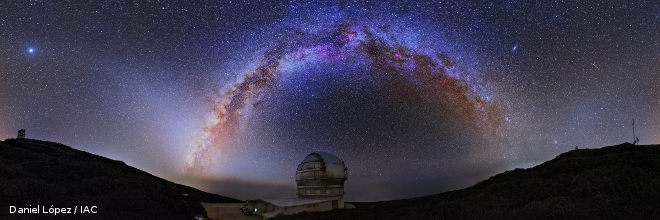
Yes, you can apply in this first call but you have to indicate your starting date and your circumstances.
Maybe, but we advie to everyone who is interested in applying to apply in the first call and to explain their circumstances and to indicate the preferred starting date
In principle yes, but the preference is given to Phd stduents and young postdocs. However, the selection board will decide case by case.
It is preferred to already posses some instrumentation/observational experience. Programming skills are also welcome.
You have to be formally affiliated with one of the ERASMUS+ partner institutes on the day when you start the mobility. Please if you are interested and you are not affiliated with one of the partner institutes, please contact your local coordinator.
No, this is not possible. You have to spend at least 2 months at the host institute and all in one piece.
Yes, you can. However, we advise that you contact your potential supervisor at partner institute in advance. Potential projects and supervisors are listed under Projects.
If you have a relevant project, please contact your local ERASMUS+ coordinaotr. Please provide the coordinator with a following information: your name, institute/group, brief description of the project, preferred duration of exchange and/or optional with a photo for the webpage
If you wish to receive incoming students, please inform your local coordinator.